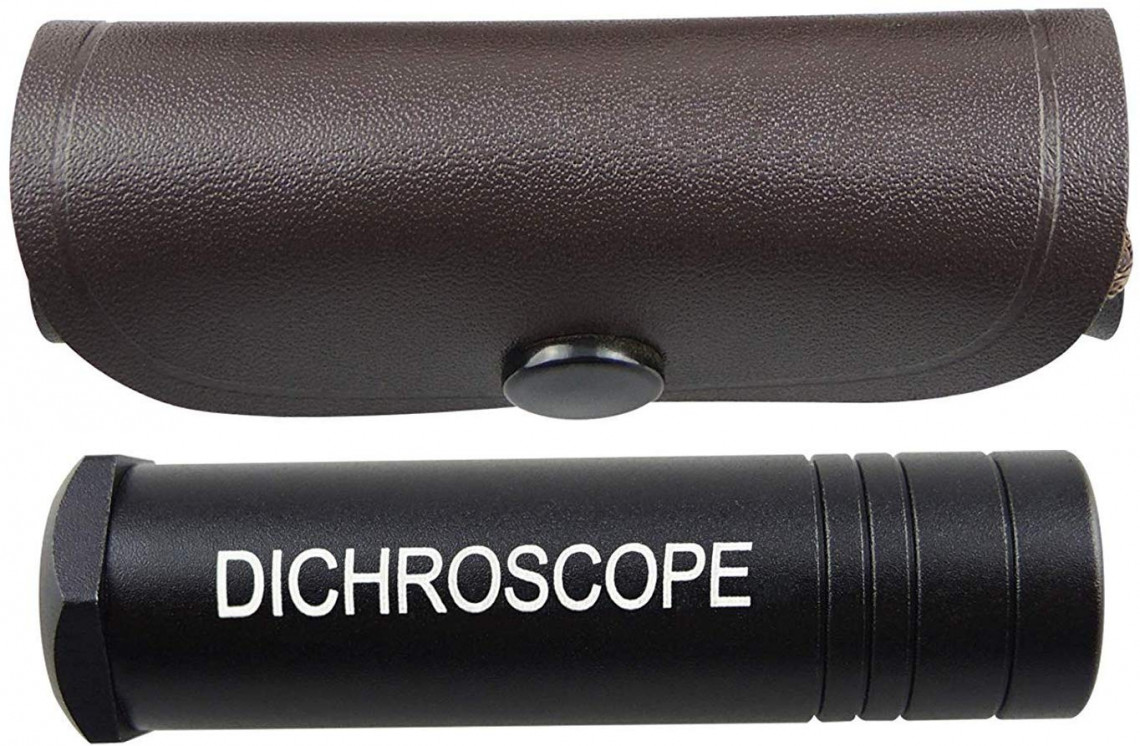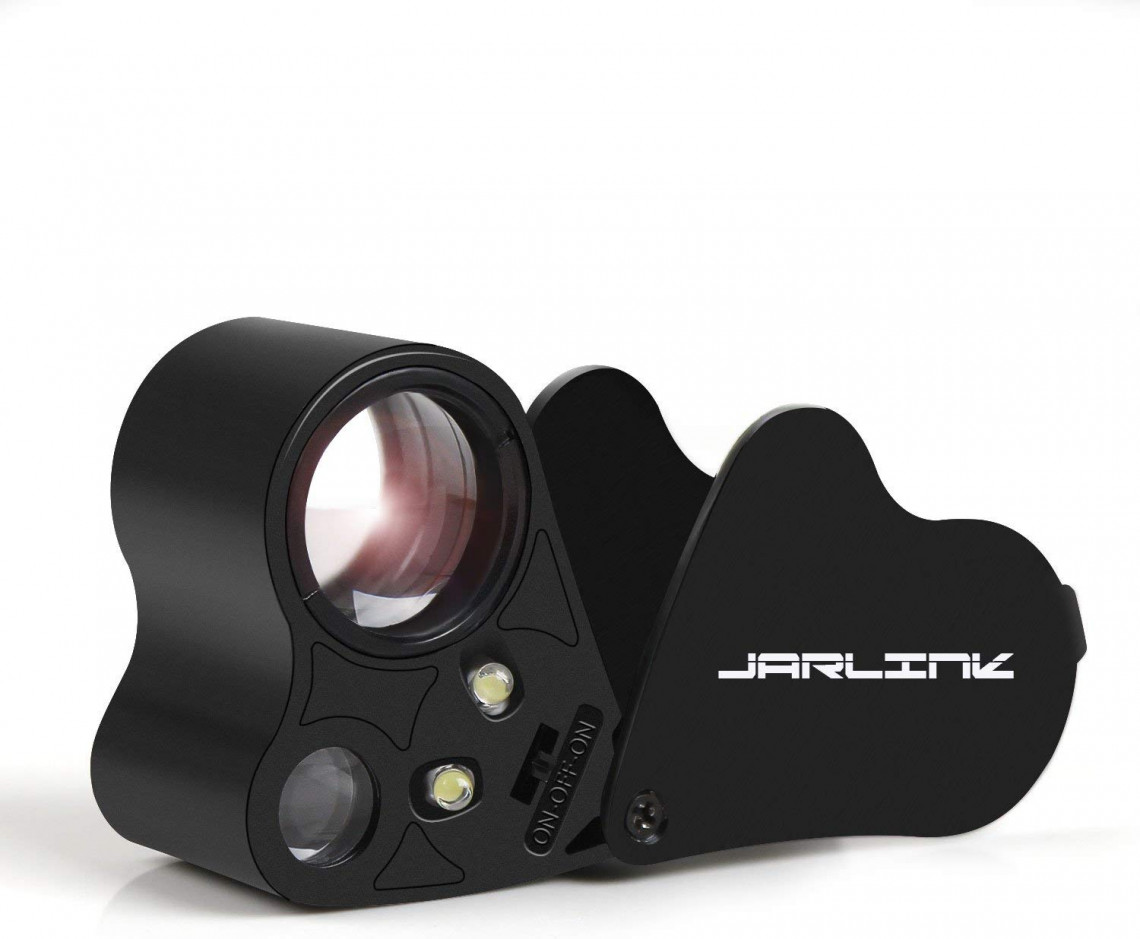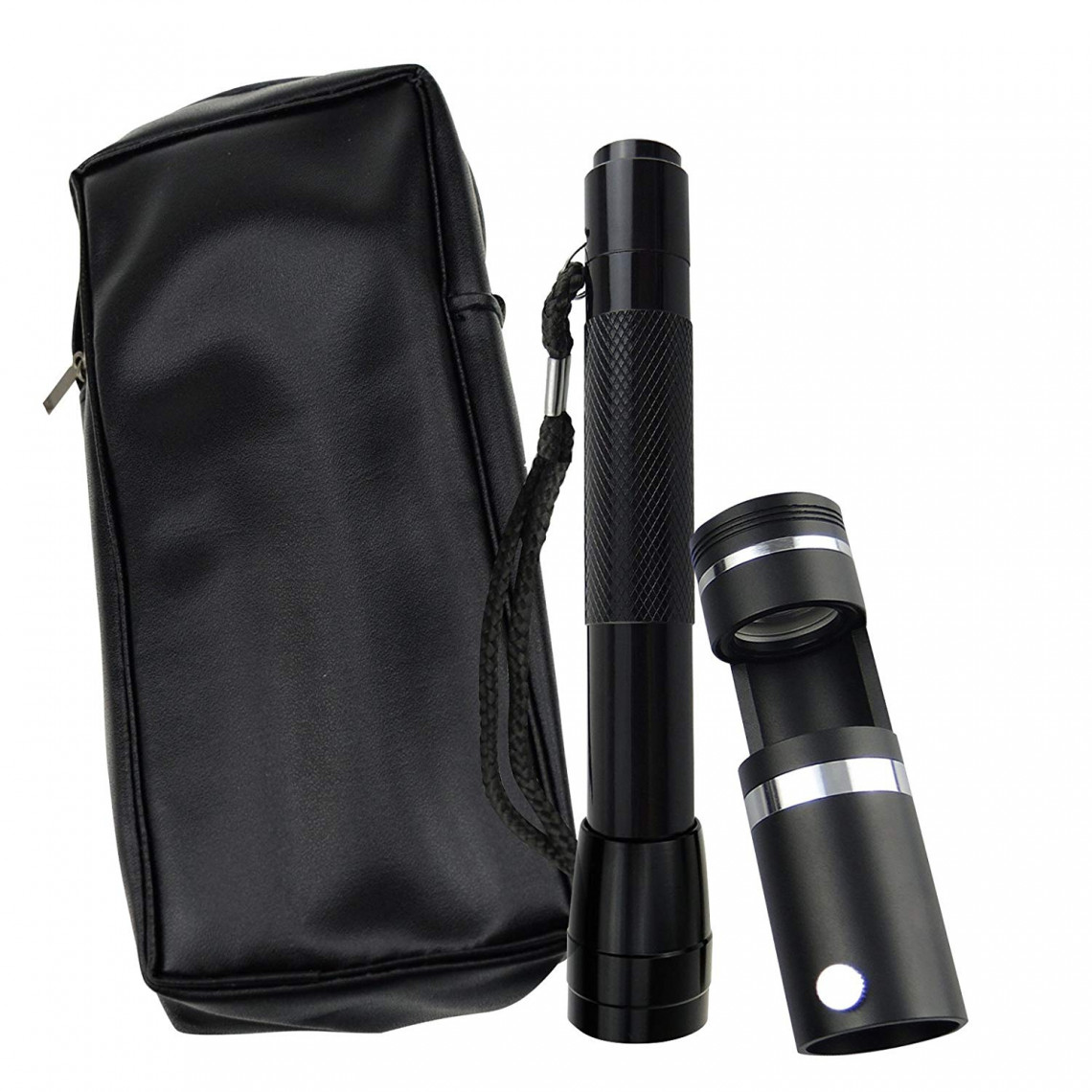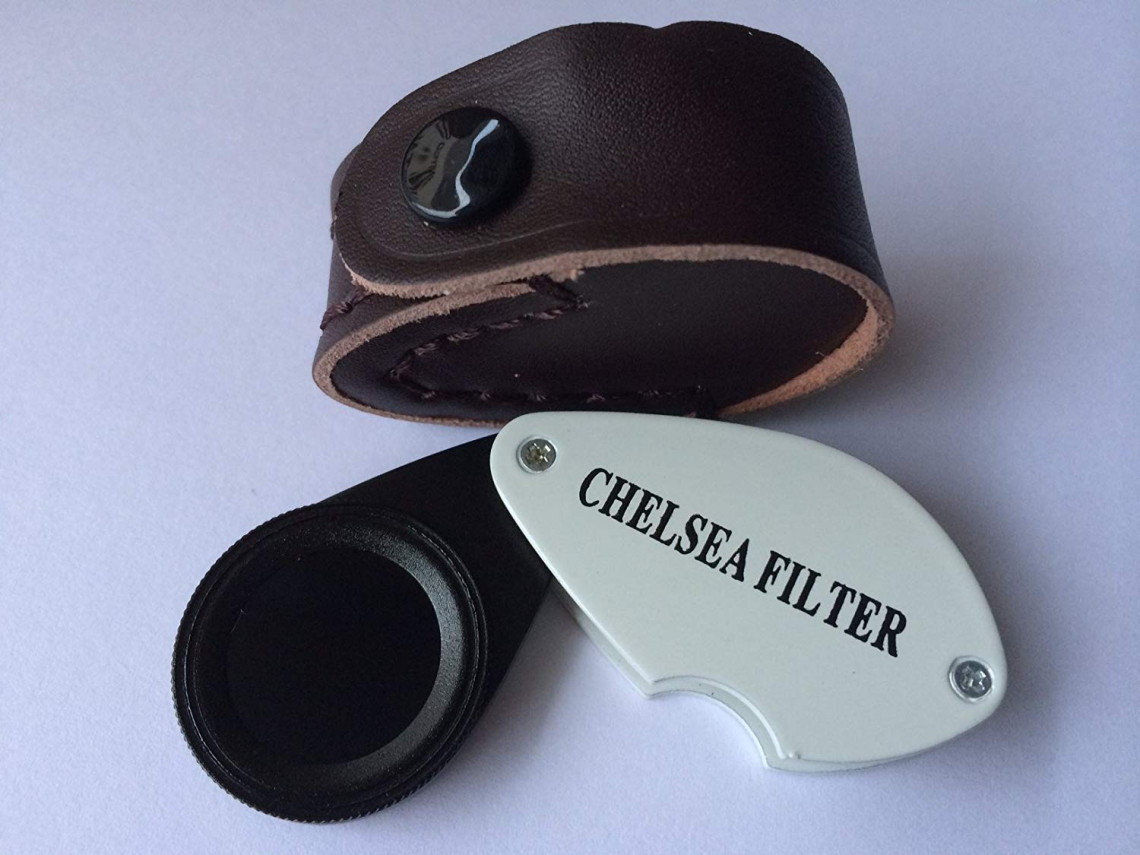
Four Tools For Gemstone Testing
The first thing you need to do is take a class with the GIA. Education is key when it comes to Gemstone testing.Distance Education costs little to start, it just depends on how far you want to go.
As well as taking a course you need to buy this book and treat it as the Gemstone Bible. Gemstone identification made easy by:ANTOINETTE MATLINS, P.G. & A.C. BONANNO, F.G.A., A.S.A., M.G.A. That is a book nobody should be without especially if you’re considering taking GIA classes.
1 Loupe.
It must have a black housing “Case” not chrome or gold since black casing prevents a distorted view as long as you are using a triplet X10 magnifier. If the Loupe is not Triplet you may as well throw it in the trash. A cheap Loupe which does not show the true Gem, shows a distorted view.
One main thing to memorize is “Gemstone Finger printing”. Most gemstones have their very own fingerprint per gem type. Like Peridot - it has what is called a Lilypad inclusion. Many Ceylon Sapphires have a disc-like inclusion referred to as halos. These are small fractures and they are also seen in Garnets.
2 Dark field Loupe
This is another tool – it will attach to a standard maglite and detects the flash effect in filled Diamonds, Rubies, Sapphires and Emeralds stuffed with resin or epoxy. It will show other internal characteristics in gemstones you need when on the road and cannot test.
3. Chelsea Filter
A Chelsea filter is very good to have, its used for testing Gems to confirm what something is not. Chelsea were used to seperate Aquamarine and natural zircon but today there are many synthetics that will pass with this tool. It is not as dependable as it once was but it can be used for other colored Gems like telling the difference in real and synthetic Sapphires, Spinels from Sapphires, Aquamarine, Jade from Jadeite (Many confused Gems).
4. Dichroscope
A costly mistake can be prevented using this tool correctly. Calcite Dichroscope. Make sure you buy this type and not a Polarizing Dichroscope. A Chelsea Filter and Calcite Dichroscope can help many buyers or sellers distinguish one stone from another. A very small tool – dichroscope will show two small blocks at the end of the tube as looking into a stone and show two different colors. Another issue is the user needs to know what colors to look for.
So basically those four tools can help to identify gemstones out in the field.
Search the Gemstone Encyclopedia
Related Auctions
Related Articles
Originally the Birthstones or gemstones were associated with a zodiac sign or the month of a individuals birth. Find out what your stone is and view the stones we have for sale
8th Feb 2021
Gem Rock Auctions has one of the largest range of Certified Gemstones online. Browse this list of approved gemstone testing laboratories.
24th Jul 2018
Gemstones and crystals are capable of absorbing and conveying energy, that’s why it’s important to cleanse, re-charge and program your stones so that they may achieve their best potential.
9th May 2018
Latest Articles
Shortite is a rare mineral and rarer gemstone, usually found as colorless or yellow wedge-shaped crystals. Learn the value, history, and properties of shortite in this guide!
9th Dec 2024
Senarmontite is an uncommon antimony mineral mostly used industrially but occasionally collected as rare gems or pearly crystals. Find out all of the traits, uses, prices, and history of senarmontite.
27th Nov 2024
Tantalite is a group of red, brown, or black minerals containing the rare and valuable element tantalum. Discover the uses, history, prices, and properties of tantalite gemstones in this guide!
11th Nov 2024
Article Categories
How To's is where you will find helpful articles from gem Rock Auctions on how to cut gemstones, select gemstones and buy gemstones.
9 Articles







